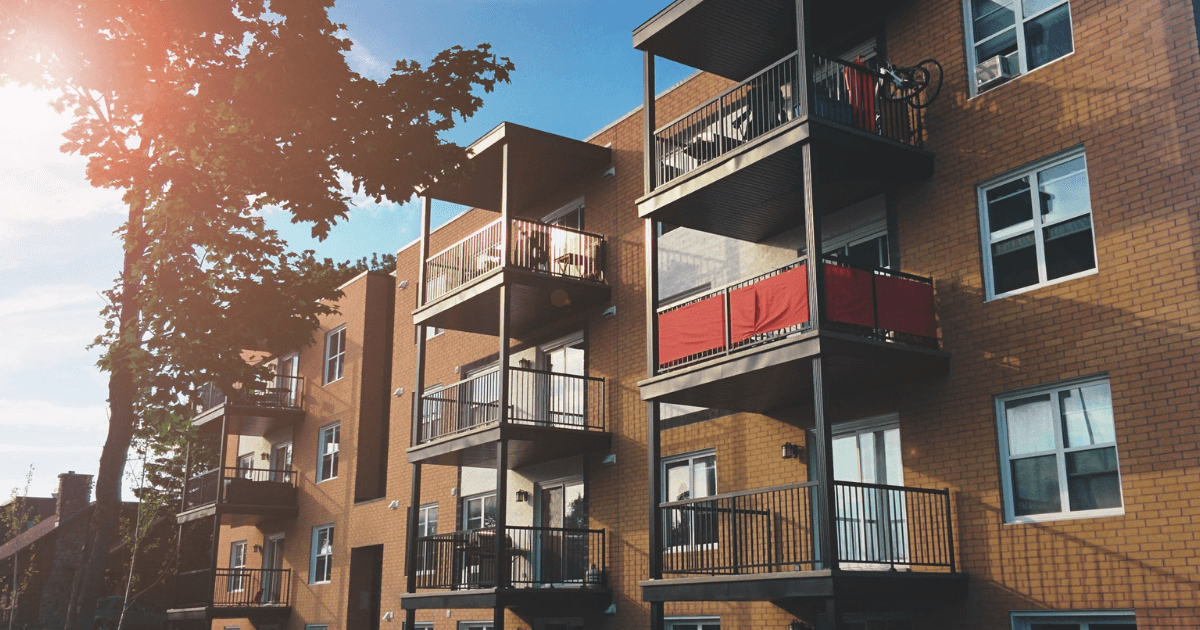
As Congress and the administration continue to bicker over a much-needed COVID-19 economic stimulus bill, landlords and tenants are suffering. Rent payments cannot be made by people who have been unemployed for months, and building owners struggle to pay their own bills as a result. Tragically, prospects for a resolution of this crisis before the election are highly unlikely.
In an attempt to prevent an impending wave of evictions following the expiration of the CARES Act eviction moratorium in July, the Centers for Disease Control (CDC) last week announced a moratorium to prevent evictions through the end of the year for certain eligible renters. In a range of press interviews, NHC made clear that the order merely kicks the problem down the road to January, when the weather will be colder, and more people will be experiencing even greater crisis. Several housing organizations also recently sent a letter to congressional leaders cautioning that the new eviction moratorium, in the absence of “a robust emergency rental assistance plan, places the stability of the entire rental housing sector in danger.”
The order has already caused enormous confusion among landlords and tenants alike. Much has been written about the devastating impact on tenants facing eviction. Avail, an organization that helps small landlords manage units and collect rent for 53,000 properties, partnered with the Urban Institute to focus its periodic member survey on the impact of COVID-19.
According to Avail, small landlords look a lot like America. Of the 2,225 landlords who responded, the largest group of respondents were age 60 or over (45.1%), with 67.8% being Non-Hispanic White, 14.6% identifying as Non-Hispanic Black or African American, 8.5% identifying as Hispanic, and 8.4% identifying as Asian. Notably, 2019 total household income before taxes was largely modest, with the majority falling between $24,000 and $150,000. Only 16.5% reported earning more than $200,000 per year. Nearly one third made less than $75,000 per year. To cover missed rents, 35% of the landlords surveyed reported withdrawing money from their savings accounts or emergency funds for help covering expenses related to their rental properties during the pandemic.
In a recent blog post published by the Urban Institute, two of the best analysts in housing research today, Laurie Goodman and Jung Hyun Choi, concluded that “the inability to pay rent will affect mom-and-pop landlords with fewer than 10 rental units, who own slightly more than half of all rental units.” Minority landlords were disproportionately impacted. “Without government support for rental payments, by direct payment to either the tenant or the landlord, these small operators may not be able to continue making their mortgage payments and keep their tenants housed,” Goodman and Choi said.
This is why 31 of the most influential housing groups, representing both industry associations and advocates, wrote to the White House and congressional negotiators, imploring them “to immediately return to the negotiating table and reach agreement on rental assistance and broader relief legislation that keeps people in their homes.” We noted that renters impacted by the COVID-19 pandemic already owe an estimated $25 billion in back rent and could owe up to $70 billion by the end of the year. “Without federal rental assistance,” the letter said, “these debts will be unsustainable and financially ruinous for renter households across the nation. Failure to act will put tens of millions of renters at risk of being evicted, undermine the stability of our rental housing system, and needlessly prolong our nation’s ability to fully recover from the economic damage that has been wrought by this pandemic.”
If representatives of both landlords and tenants can agree on how to move forward, why can’t Congress and the White House? Emergency rental assistance should be part of any legislation that goes to the president before the end of the month.

